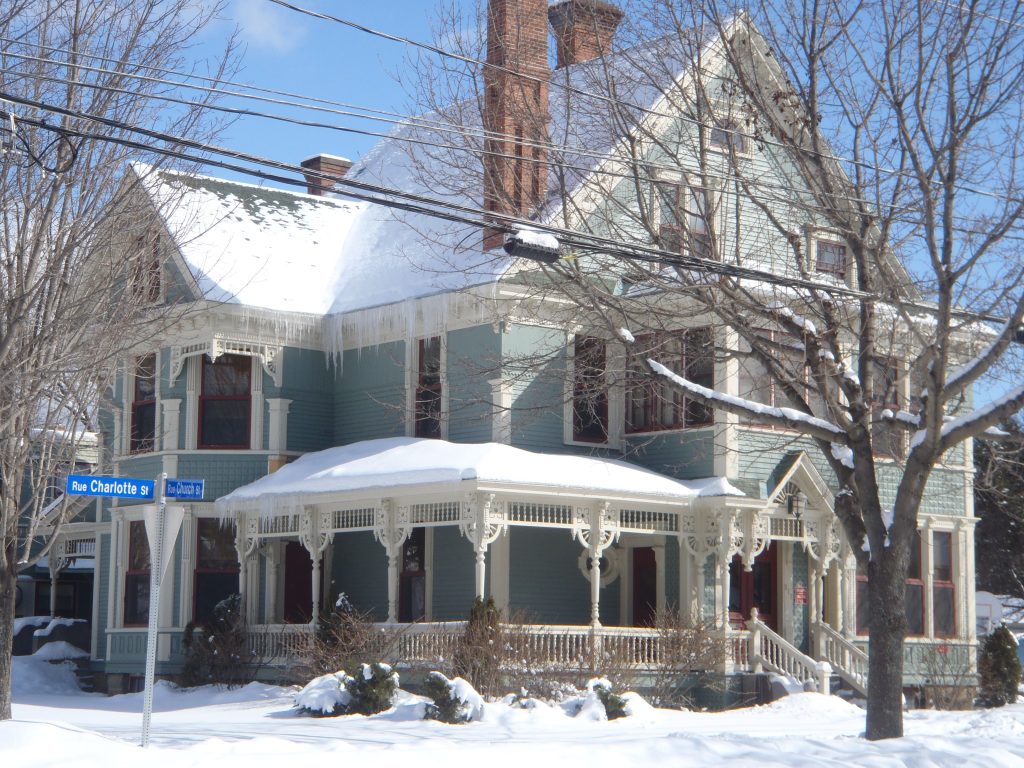Renaissance College, a unique degree program at the University of New Brunswick, is separate from the main campus in many ways and students say they experience misconceptions and feel disconnected.
The leadership faculty is undergoing the beginning stages of a review process in order to address some of these concerns and bridge the gap between it and the main UNB campus. Officials are considering minor and certificate programs and reevaluating the college’s location on Charlotte Street, a fifteen minute walk from campus.
The college was established in 2000 and considers itself to be the first program of its kind in Canada, offering an accelerated Bachelor of Philosophy in Interdisciplinary Leadership.
Classes are lead by “integrators,” not professors, and consist of discussions and essays rather than lectures and midterms. Students of all years gather for weekly common meals and pride themselves on the tight-knit nature of their faculty, by far the university’s smallest. Students also embark on domestic and international internships and maintain portfolios to reflect on their learning. All of these factors account for significant differences between Renaissance College and other faculties.
Cormac Stewart, a third-year student just starting at the college after two years of computer science, said friends in other faculties didn’t understand why he enrolled.
“I would say that the biggest misconception with RC is that many people feel that all you do there is sit in a circle and talk, and this makes it less of a legitimate degree program,” Stewart said. “Many people do not actually know what it is, and this has led to a lot of people not seeing the value in how it operates.”
Hannah Cameron, a first-year at the college, feels disconnected from the main campus because she lives at home. But she says this feeling has subsided throughout the year.
“As the semester went on, I developed relationships with students in my cohort who lived in residence that gave me a closer relationship to UNB,” Cameron said. “Also, I absolutely love studying and spending time at the HIL which makes me feel welcomed and closer to the university.”
Grace Mangusso, Renaissance College Society president and faculty councillor for the UNB Student Union, disputes any real disconnect.
“I believe we’re one of the most well-connected and integrated faculties at UNB, especially when it comes to our students,” Mangusso said. “We pursue minors in collaboration with nearly every faculty on campus, comprise a large portion of the Student Union council and executive and are heavily involved in the majority of clubs, societies, and student groups on campus.”
She said the “geographical limits” of the Maggie Jean Chestnut building – the college’s home on Charlotte Street – is linked to the distinct culture the program offers.
“Students are attached to the space because its homey vibes develop and contribute to the sense of community that creates the foundation for learning at Renaissance College,” Mangusso said.
Some administrators at the college are beginning to question if the current building has exceeded its capacity and are considering moving the college in order to better connect it with other faculties.
“The distance from the main UNB campus is not far (about a 10 minute walk from the main gates at the bottom of the hill), but is likely far enough to dissuade many UNB students from considering taking a course at the college. Another significant concern with the current location is space capacity,” states a file from Renaissance College’s review and planning process.
Paul Howe, the acting dean of Renaissance College, said the review is in its infancy and little has been finalized. He declined to provide further comment.




